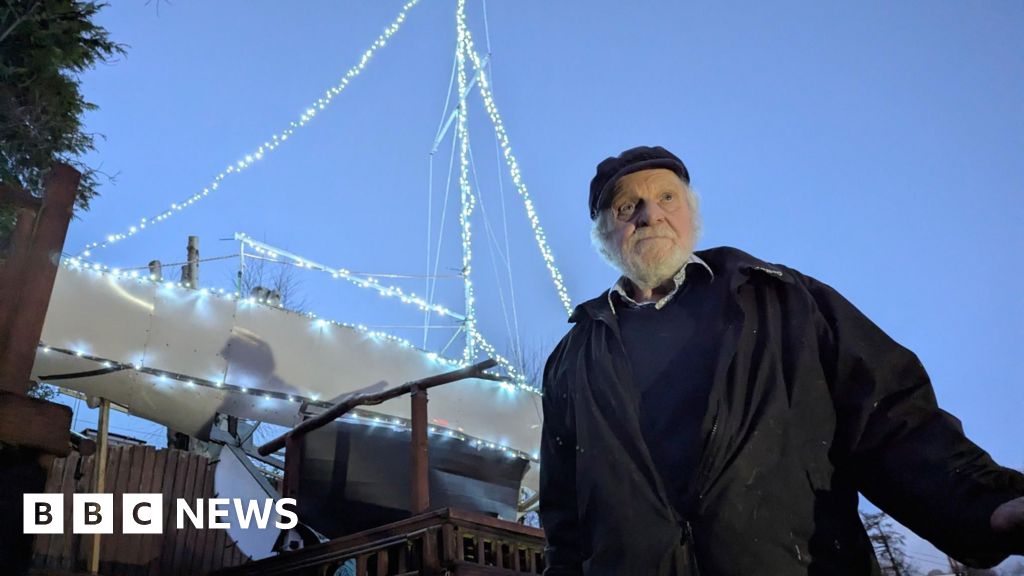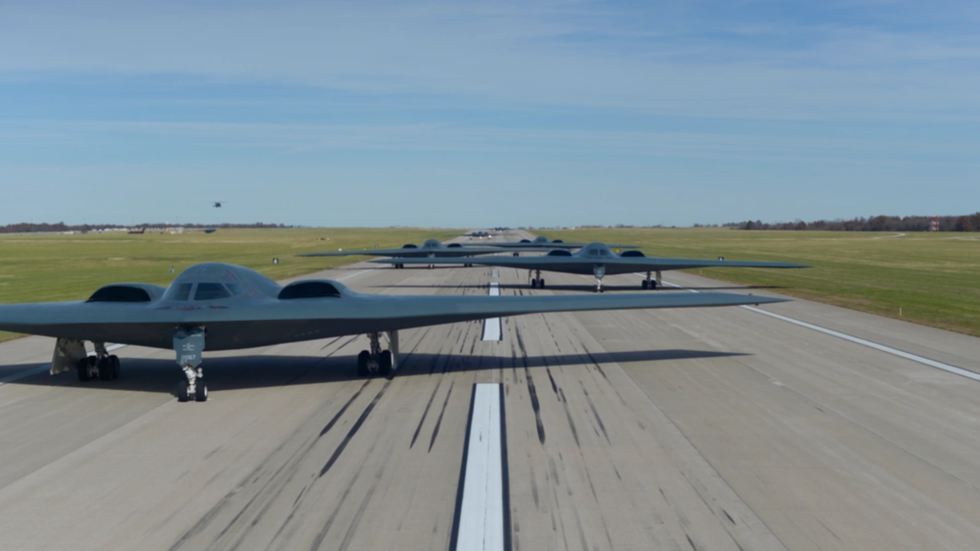The union, which predates Israel’s founding, led a strike last year that helped force Prime Minister Benjamin Netanyahu to suspend a plan to overhaul the judiciary.

The labor union that called for the strike in Israel on Monday, Histadrut, has played a key role in recent Israeli politics. Most notably, it led strikes last year that challenged Prime Minister Benjamin Netanyahu, forcing him to back off a contentious judicial plan.
Histadrut, or the General Organization of Workers in Israel, was also pivotal to the founding of the State of Israel. It was set up in 1920, at a time when trade unions were a critical vector of political and economic influence in many countries.
Its purpose in its early decades was both to serve the needs of workers at a time of Jewish immigration to what was then British-administered Palestine, and to lay the groundwork for the foundation of Israel as a state. It helped to establish the industrial, financial and economic institutions from which the nation emerged in 1948. The union’s leader in the early years, David Ben-Gurion, became Israel’s first prime minister.
The organization, the largest of its kind in Israel, now represents about 800,000 workers from 27 separate unions, according to its website. Its chairman, Arnon Bar-David, has held the post since 2019.
Mr. Bar-David, a longtime member of the union who also served as a major in the military reserves, in early 2023 joined other union chiefs, business leaders and military reservists to oppose a plan put in place by Mr. Netanyahu’s far-right government to limit the Supreme Court’s ability to strike down decisions by elected officials.
Histadrut organized a major strike that — along with disquiet in the military and mass protests that destabilized the economy — contributed to one of the biggest domestic upheavals in Israel in decades. The unrest prompted Mr. Netanyahu to suspend the judicial plan.
The deadly attack led by Hamas on Israel months later, and the ensuing Israeli military offensive in Gaza, moved the judicial issue to the background. But Histadrut again showed its influence by calling for the general strike on Monday, which, along with large street demonstrations the night before calling for a deal to free hostages from Gaza, amounted to the broadest expression of anti-government dissent since the war began.
Matthew Mpoke Bigg is a London-based reporter on the Live team at The Times, which covers breaking and developing news. More about Matthew Mpoke Bigg

.png) 3 months ago
11
3 months ago
11










